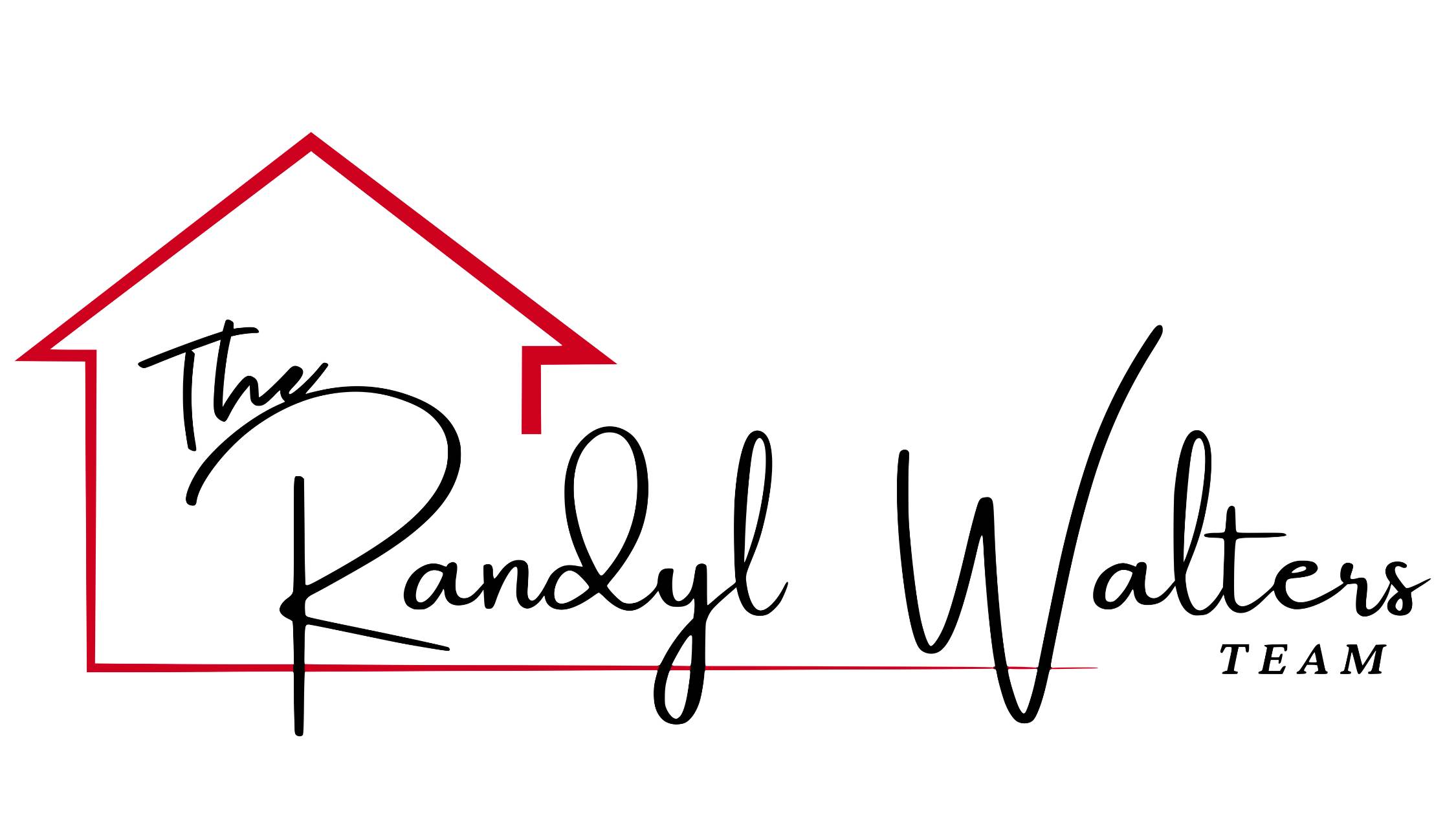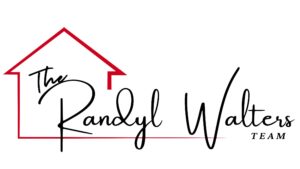A lien is a charge against real or personal property for the satisfaction of some debt. It is the instrument by which a lender has a legal right to take your property if you default on the loan.
In the most simple terms, when you sign a mortgage, you promise to pay the agreed upon amount in a timely fashion.
If you do not, the lender has a lien against your property which gives them the right to take your property in lieu of payment. There are three main types of liens, described here.
consensual liens
You would knowingly enter into an agreement by which these types of liens are created. Here are some examples:
-
Purchase Money Security Interest Liens
As the name suggests, this type of lien is for the purchase of real or personal property which is then used as collateral to secure the debt. Examples of this type of lien would be a first mortgage or a car loan.
-
Non-Purchase Money Security Interest Lien
Again, the title says it all. These types of liens are just like the first kind, only they are not used to purchase the item that is used for collateral. The property is used after you already own it. An example of this would be a second mortgage or home equity line of credit.
statutory liens
A statutory lien is created when creditors use legal means to obtain an interest in your property in lieu of payment.
These liens are created when you do not pay the debt you owe and you typically have an opportunity to do that first. Though you may not consent, you should be aware of these liens. Here are some examples:
-
Mechanics liens
This type of lien is created by a contractor or mechanic when they do work on your property and they are not paid. This lien is filed in accordance with local laws and is a security interest on your property, payable upon the sale of the property. An example of someone who might file a mechanics lien is a roofer who installed a new roof on your property but did not get paid.
-
Tax Liens
You know Uncle Sam always gets paid, right? This type of lien is placed against a property for delinquent local, state, or federal taxes. It does not matter whether the unpaid taxes are income tax, property tax, or estate tax.
Judgement liens
Basically, anything that can land you in court can ultimately end in a judgement against your property.
Since a judgement lien is created at the discretion of the court, they can arise from a wide variety of complaints.
What is important to know is that a judgement lien requires court involvement, so again, though you might not consent, you should certainly be aware of such liens.
For example, if you are sued for any reason and the court finds against you and awards the plaintiff a monetary settlement, but you cannot pay it, a judgement lien may be placed against your property until or unless that judgement is paid.



